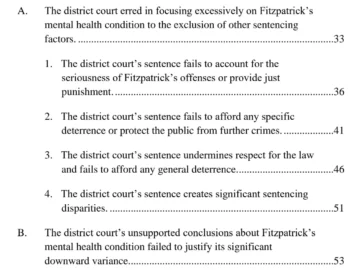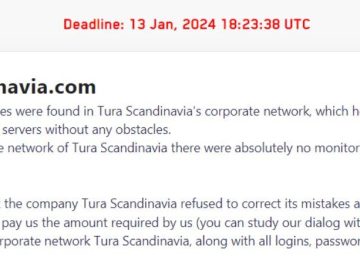Meta Platforms Inc investors have made a formal appeal to the 9th US Circuit Court of Appeals in San Francisco requesting the reinstatement of a class-action lawsuit against the company for concealing a major privacy breach related to the Cambridge Analytica scandal.
In the incident, Facebook exposed the confidential information of up to 87 million users to Cambridge Analytica without their consent.
During the oral arguments held on Wednesday, the investors accused Facebook of misleading them by minimizing the significance of the data breaches and presenting them as a mere “risk” in 2016, even though the company was fully aware of Cambridge Analytica’s unauthorized access to user data.
The investors argued that they incurred losses in July 2018 when Facebook’s stock price plummeted after the extent of the data breach became public and led to a decline in user growth.
Investors turn on Facebook for Cambridge Analytica scandal
In 2020, the claims made by investors of Meta Platforms Inc, the parent company of Facebook, were dismissed by U.S. District Judge Edward Davila.
The judge stated that Facebook’s statements were not false as the data used by Cambridge Analytica had already been widely reported in the news in 2015. However, the investors have not given up hope and have taken their case to the U.S. Circuit Court of Appeals, hoping to reverse the ruling.
During the hearing, the investors’ attorney Tom Goldstein presented the case to a three-judge panel. He argued that Judge Davila’s ruling should be overturned because of Facebook’s alleged minimization of news reports and the company’s lack of proper action.
On the other hand, Meta’s lawyer Joshua Lipshutz defended the company by stating that Facebook had adequately disclosed the occurrence and the potential for future cyberattacks.
Circuit Judges Margaret McKeown and Jay Bybee expressed doubts about the disclosures, labeling them as “generic” and questioning their significance to investors.
Judge Bybee said that such disclosures, even if factual, may not be meaningful when considering the magnitude of the Cambridge Analytica leak.
Lipshutz countered that, even if misstatements were made, the investors must still prove that Meta had ill intent. He argued that it was implausible for the company to have deliberately misled the public about already widely known information.
Facebook has already faced severe consequences for its involvement in the Cambridge Analytica scandal, including a $5 billion penalty paid to U.S. authorities and a $725 million settlement in a lawsuit by Facebook users in December.
Facebook Cambridge Analytica scandal explained
The lawsuit against Facebook stems from the company’s involvement in the 2016 U.S. election. Cambridge Analytica, a London-based data analytics firm, collected personal data from over 87 million Facebook users without their consent and used it to build psychological profiles for political purposes.
The firm was hired by Donald Trump’s campaign to influence voters through micro-targeting. Facebook has been accused of allowing unauthorized access to user data and being slow to respond to the data breach.
In 2018, CEO Mark Zuckerberg testified in a Senate hearing about Facebook’s privacy policy and actions following the Cambridge Analytica scandal. In 2019, Facebook agreed to pay a $644,000 fine in the U.K. for violating data protection laws.
The Cyber Express has reached out to Facebook and the investors involved in the case, but is yet to receive a response regarding the matter.



